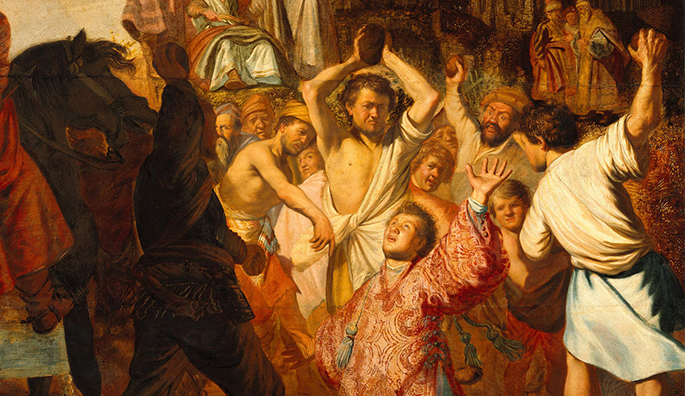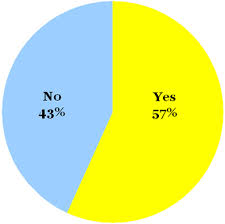
How Does God View Human Failings?
One of the most embarrassing things that has happened to me occurred years ago when I took my father to his doctor’s office. He was probably in his early nineties, had hearing problems and was beginning to show signs that he wasn’t entirely in tune with his surroundings.
A grossly overweight young woman entered the waiting room. Dad saw her and commented in a voice that no one there could miss: “Would you look at that!”
I wanted to crawl under the table next to me. I felt terrible, but there was nothing I could do to remedy the situation. I couldn’t say, “Sorry” to the young woman. That would have embarrassed her even more. There was nothing I could say to my dad. He was simply saying what he was thinking, and losing one’s inhibitions seems to come easy with age. He was otherwise a wonderful father and human being.
Know It’s Wrong
Fact is, I also find myself often judging people because of their looks. I know it’s wrong. I believe it dates from a time in my life when people were less aware of the hurtful things we think about and say to each other.
And the real problem in this is not so much merely how people look. It’s going on to make moral or ethical inferences based on looks.
That reminds me of what the apostle Paul wrote to the Christians in Rome. “What I do I don’t understand. For I do not do what I want but what I hate.” He seems to explain this by acknowledging human weakness, the human propensity for not doing the right thing even though we may want to.
The prophet Jeremiah had something interesting to say on this subject. “More tortuous than anything is the human heart, beyond remedy; who can understand it?”
The Woman “Caught in Adultery”
Seekers of God in the Christian tradition should be guided by the moving story of the woman “caught in adultery” in the gospel of John. She is about to be stoned to death by the religious authorities, but Jesus says, “Let him who is without sin among you be the first to throw the stone at her.”
And that brings me to what is for me a major problem with a God who is said to love us. How can he? And how could he have made us so imperfect, for that matter? Yet, the constant message of the New Testament (and much of the Old Testament) is just that, that God’s love for us is limitless.
“This innovative message of Jesus,” writes theologian Leonardo Boff – “the unconditional love and boundless mercy of God/Abba – was and is so revolutionary that it has not taken root to the point of being lived by all. It is still not taken up by the majority of human beings, not even by the baptized.
“It should not be forgotten,” he continues, “that it was mainly the religious, aligned with the politicians, who condemned him and led him to the cross.”
Doing Their Best
It’s no secret that we humans, “religious” or not, can be incredibly cruel, mean, vengeful and indifferent. But in my experience, the vast majority of us try to be the opposite of all those vices and failings. Every day, I run into people who appear to be doing their best to be good and kind. Do we focus on the ones who don’t?
This is a reason to be optimistic, which is another way of saying that we trust in God and remember that ultimately, God’s in charge. It’s also a time to remember that, despite our doubt, God knows us intimately (“The hairs of our head are numbered”) and loves us anyway.
“It is worth reflecting on this,” writes Boff. “If we cannot see a star in the sky, it is not the star’s fault, but the limitation of our eyes. Boundless love and boundless mercy reach all of us too. We are embraced by God-Abba, even if we refuse to embrace him.”





